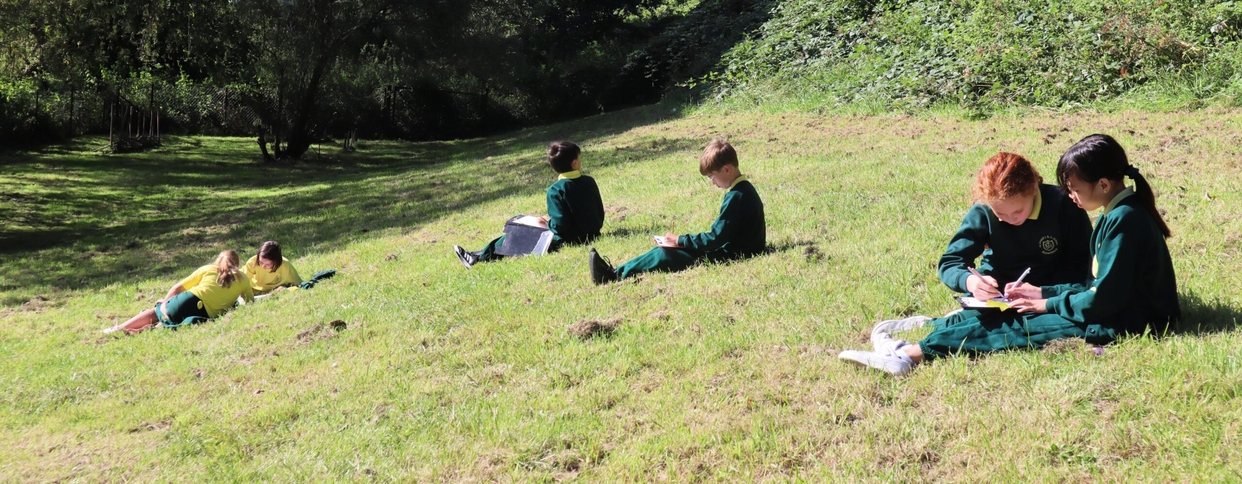History Intent Statement
At St Joseph’s Catholic Primary School, we want our children to love history. We believe that a well-rounded History curriculum will allow children to gain a coherent knowledge and understanding of Britain’s past and that of the wider world. We have carefully designed our History curriculum so that children gain this knowledge as they progress through the school, in a chronological way to deepen their understanding. In History at our school, we will also give children opportunities to develop their skills of enquiry, investigation, analysis.
We teach children a sense of chronology, in order to develop a sense of identity and a cultural understanding based on their historical heritage. This enables our children to learn to value their own and other people’s cultures in modern multicultural Britain. We aim to make all children aware of the actions of important people in history and enable children to know about significant events in British history, whilst appreciating how things have changed over time.
Our History sessions will also ensure our children understand how Britain developed as a society, contributing to their understanding of their country of residence. Furthermore, our children will learn about aspects of local, British and Ancient history. This wider awareness leads to the children having some knowledge of historical development in the wider world. We believe that by allowing the children to understand the importance and enjoyment of History through different opportunities, they will become enthused learners in History.
In addition to this, we recognise the important role that History plays in preparing our children with skills that they can use for life, raising their aspirations, understand how to be a good and responsible citizen, understanding change and societal development and a context in which to understand themselves and others. This is extremely important for children at St Joseph’s Primary in allowing them access to a much wider world.
In line with the National Curriculum 2014, our curriculum aims to ensure that all children:
-
- gain a coherent knowledge and understanding of Britain’s past and that of the wider world which helps to stimulate pupils’ curiosity to know more about the past;
- are encouraged to ask perceptive questions, think critically, weigh evidence, sift arguments, and develop perspective and judgement;
- begin to understand the complexity of people’s lives, the process of change, the diversity of societies and relationships between different groups, as well as their own identity and the challenges of their lives.
EYFS
The Early Years Foundation Stage Curriculum supports children’s understanding of History through the planning and teaching of ‘Understanding the World’. This aspect is about how children find out about past and present events in their own lives, their families and other people they know.
Children are encouraged to develop a sense of change over time and are given opportunities to differentiate between past and present by observing routines throughout the day, growing plants, observing the passing of seasons and time and looking at photographs of their life and of others. Practitioners encourage investigative behaviour and raise questions such as, ‘What do you think?’, ‘Tell me more about?’, ‘What will happen if..?’, ‘What else could we try?’, ‘What could it be used for?’ and ‘How might it work?’ Use of language relating to time is used in daily routines and conversations with children for example, ‘yesterday’, ‘old’, ‘past’, ‘now’ and ‘then’.
We believe it is important to build on the knowledge of our youngest pupils in EYFS as they move through the Key Stages.




